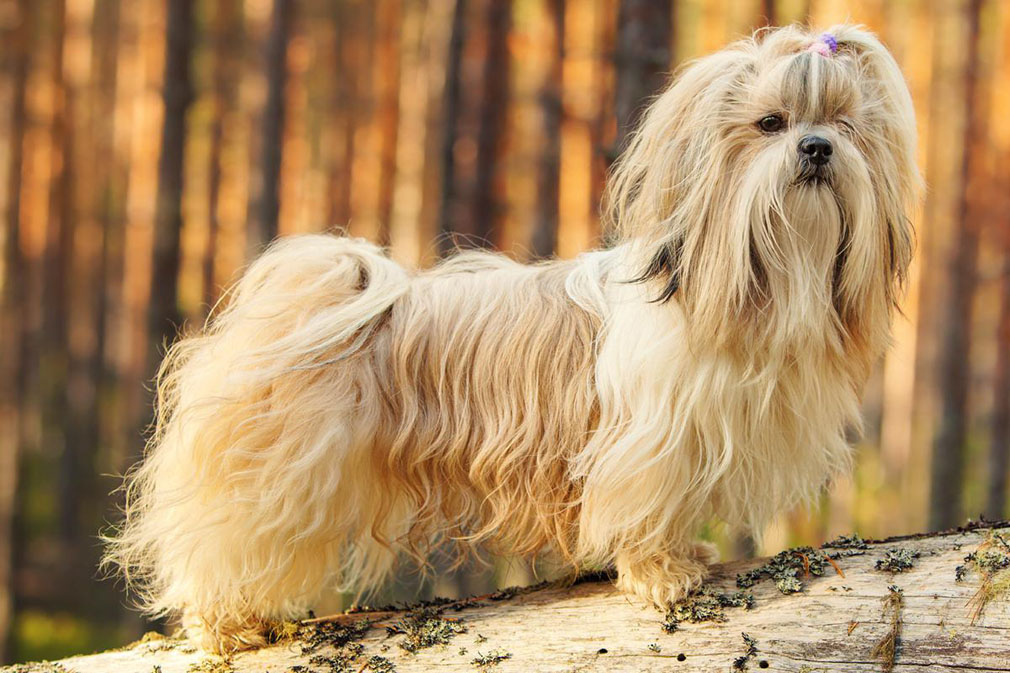Shih Tzu


 Puppy
Puppy
 Fully Grown
Fully Grown
If you after a dog that has a happy and friendly temperament, is great with kids and other pets and can live in an apartment, the Shih Tzu might be just right for you.
Shih Tzus love to play and will stay playful until old age. They don't need much exercise and apartment living suits them well. They love to jump on your lap for cuddles and attention, but will choose carefully who they become friends with...and once the decision has been made, there is no reversing it!
Through whining and barking, Shih Tzus will usually get what they want. This doesn't mean they are needy - on the contrary, they are quite independent. They simply like to get what they want!
The Shih Tzu's facial hair can grow very long. This can make them look like lions, and regular trimming is required to prevent it from going into their eyes. Their chin is quite forward which can make them look arrogant when they prance along, but they sure aren't. They have a bubbly outgoing nature, and are focused on pleasing their owners.
Their long hair is easier to maintain than one would think - they just require regular brushing and a clip around his face.
| Weight: | 5-7.5 kg |
| Health risk: | Medium |
| Life expectancy: | 10-16 years |
| Coat: | Long |
| Grooming intensity: | Medium |
| Monthly cost (food): | Low |
| Trainability: | Low |
| Activity level: | Low |